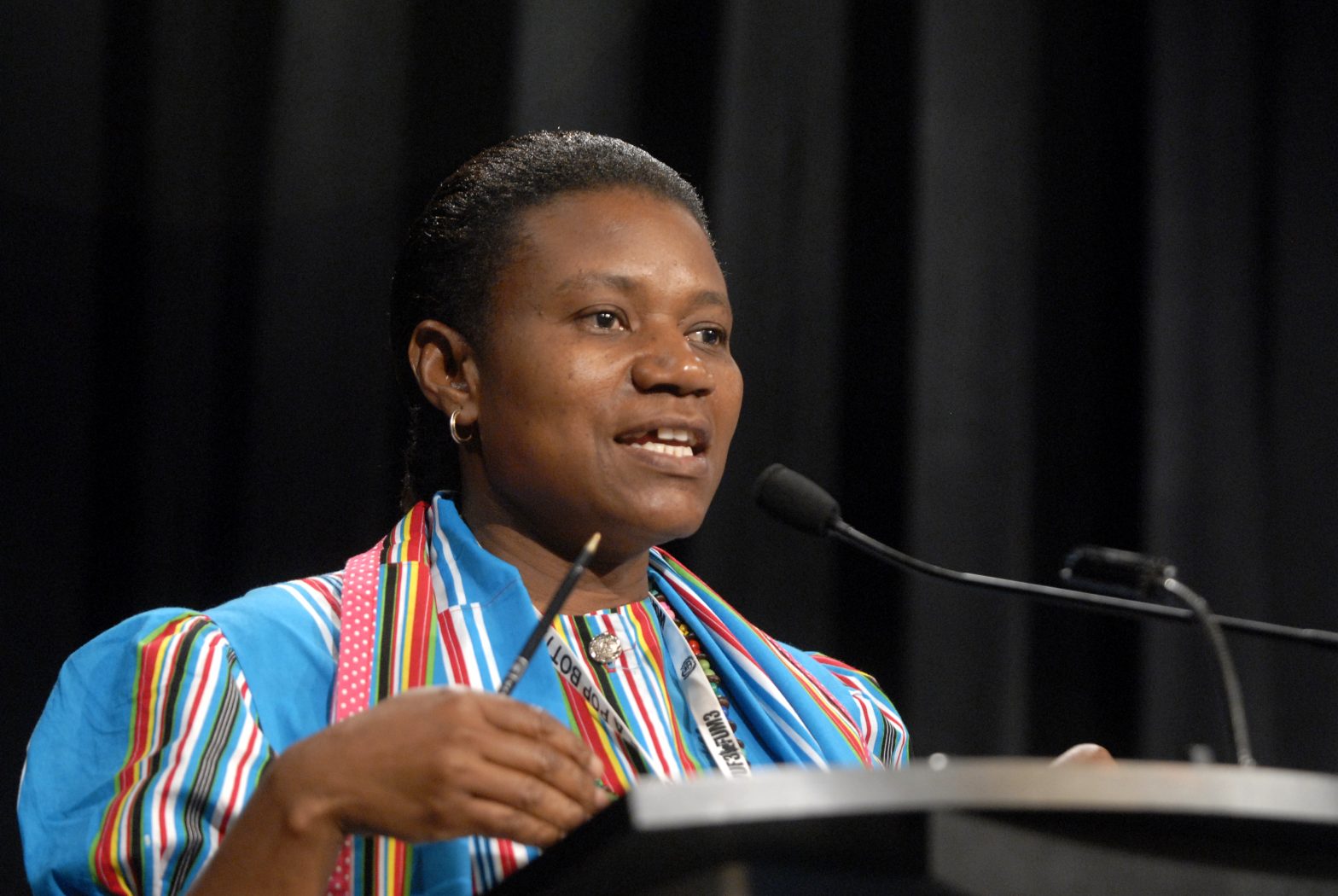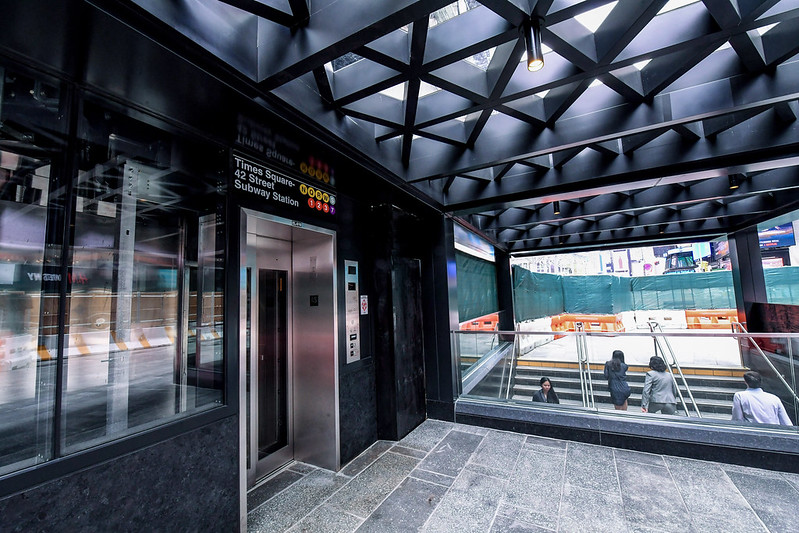
Photo: DSC4735Rosa
How grassroots are playing a role in Habitat III
11 July 2016
by Mythili Sampathkumar
Slum Dwellers International (SDI) and WIEGO are the co-chairs of the Grassroots Partner Constituent Group of the General Assembly of Partners, which brings together 15 such interest groups to speak with one voice on behalf of civil society in the Habitat III process. Cities Today US Reporter, Mythili Sampathkumar, spoke to Rose Molokoane, the National Coordinator for the South African Federation of the Urban Poor (FEDUP), affiliate of SDI and co-Chair of the Grassroots Constituent Group
What is your role in the New Urban Agenda?
I am representing the large number of [poor] communities and 7,000 informal settlements–representing more than 10 million members and outreach to 1 billion people.
Our aim [in the New Urban Agenda] is to address the issue of homelessness, landlessness, and poverty. We are using data collection through mapping, GIS. We are doing household surveys, enumeration, layouts of our communities and then with this data…we are going to local authorities and negotiating with them, influencing them throughout 33 countries in Latin America, Asia, and Africa.
Why is the Grassroots constituency important in the New Urban agenda?
After Habitat II, the issue of the Millennium Development Goals [MDGs] came up. Then we asked a question: Member States are talking about MDGs but who is going to become the goalkeeper?
And now we’re coming with a new term, SDGs. Again, the same question: who is going to become the goalkeeper of these Sustainable Development Goals?
We are the goalkeepers because everything is implemented through our goal posts. The agenda and policies will be have to be implemented at the community level.
What does sustainable urban development mean for the urban poor?
For us to have sustainable development, is to bring development to the people, with the people, that is managed and controlled by the people with the technical and financial support of the local, regional, and national governments.
Sometimes the definition of communities and stakeholders is diluting. When you talk about ‘the community’ you talk about the rich and the poor. But, here in the grassroots we are talking specifically about the poor and–I don’t want to say marginalised–but those that are doing the actual work on the ground, they are not recognised for that work and we would like to see that [in the New Urban Agenda].
Why did you join the General Assembly of Partners (GAP)? How will it help the Grassroots constituency?
I think being part of GAP was very, very important for us as the Grassroots because now we are not just jumping into this like a headless chicken and talking without being listened to! We are now part of the structure that is forcing the Member States to listen. Working with other stakeholders we are building the bigger voice and then Grassroots’ voice.
How has that been reflected in the Zero Draft? What are your hopes for subsequent drafts?
We really want to see the concrete mention of the grassroots. We don’t want to just have a voice to tick a box, we want to have a voice that can decide and can prioritise, manage, monitor, and to evaluate the partnership. We want the structure of the partnership institutionalised whereby everyone should understand their roles and responsibilities.
Not only recognition but involvement in decision making. We don’t want to be acknowledged, we want to be involved. We don’t want to become recipients of the policies, we want to be the partners in the creation of policies.
What are some of the challenges faced by Grassroots that will be discussed in Quito and beyond?
Well, we are talking about bureaucracy! We will talk very strongly but for us to achieve what we want to achieve from the grassroots level from government–it takes time. We can sign a contract today, but it can take two years for the contract to be approved by the different governments.
[What we are] saying is that this should be the process towards Quito but should not end in Quito. It should be the beginning to the partnership we are trying to forge here. We are not creating this partnership to discuss what the [policy] should look like–we are paving the way towards the implementation because that’s where the important part is. That’s where a lot of challenges will come.
Local government is the one that is nearer to the communities. Member states are the ones that will help local governments to implement the policies. We want the top and the bottom to come together to make a nice sandwich that is eatable by everyone.
What are your hopes for the post-Quito phase?
Let’s understand the resources that the communities are creating. Let’s come up with a process of aiding the support towards the resources grassroots are creating. We have got financial, information, they only really need technical support and more financial aid. We can manage the savings within our communities. We are not unable to manage the millions that are coming from the local authorities or the central governments.











